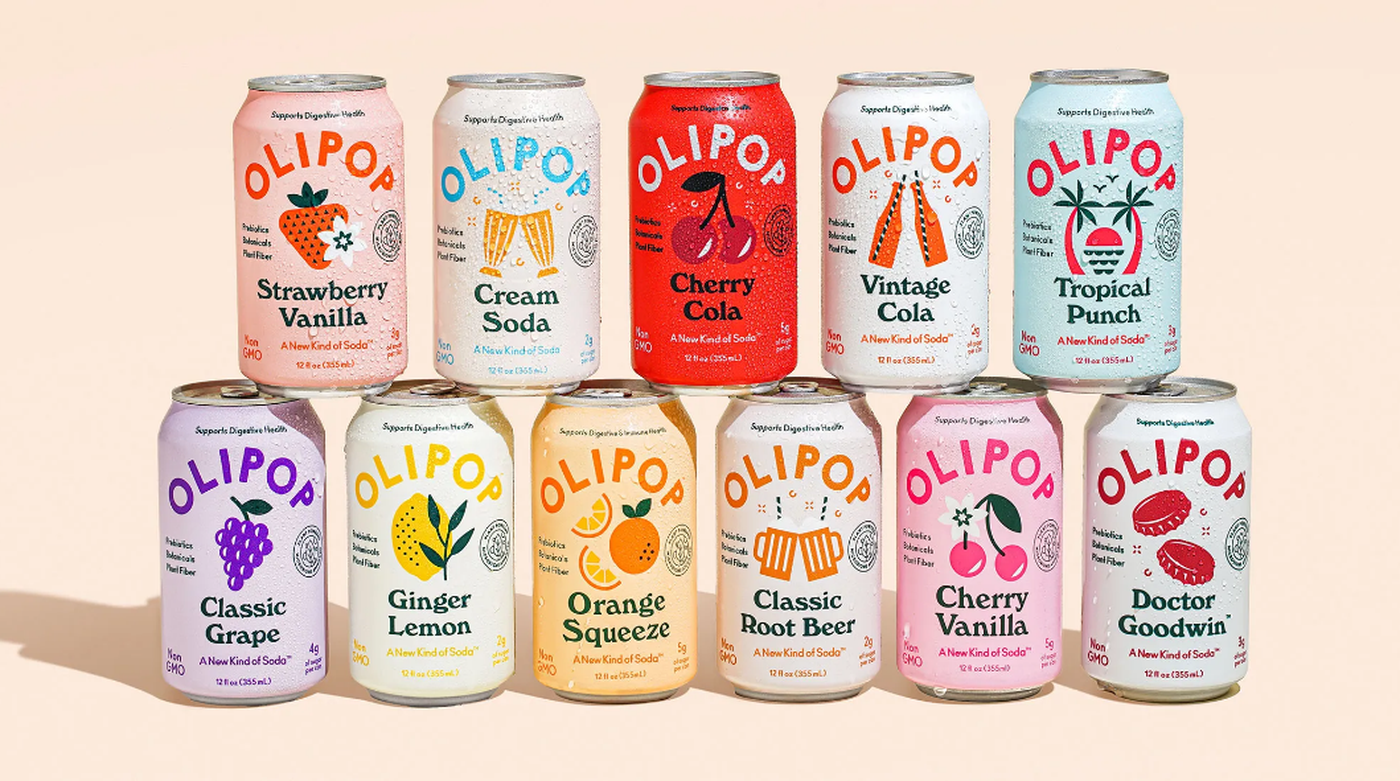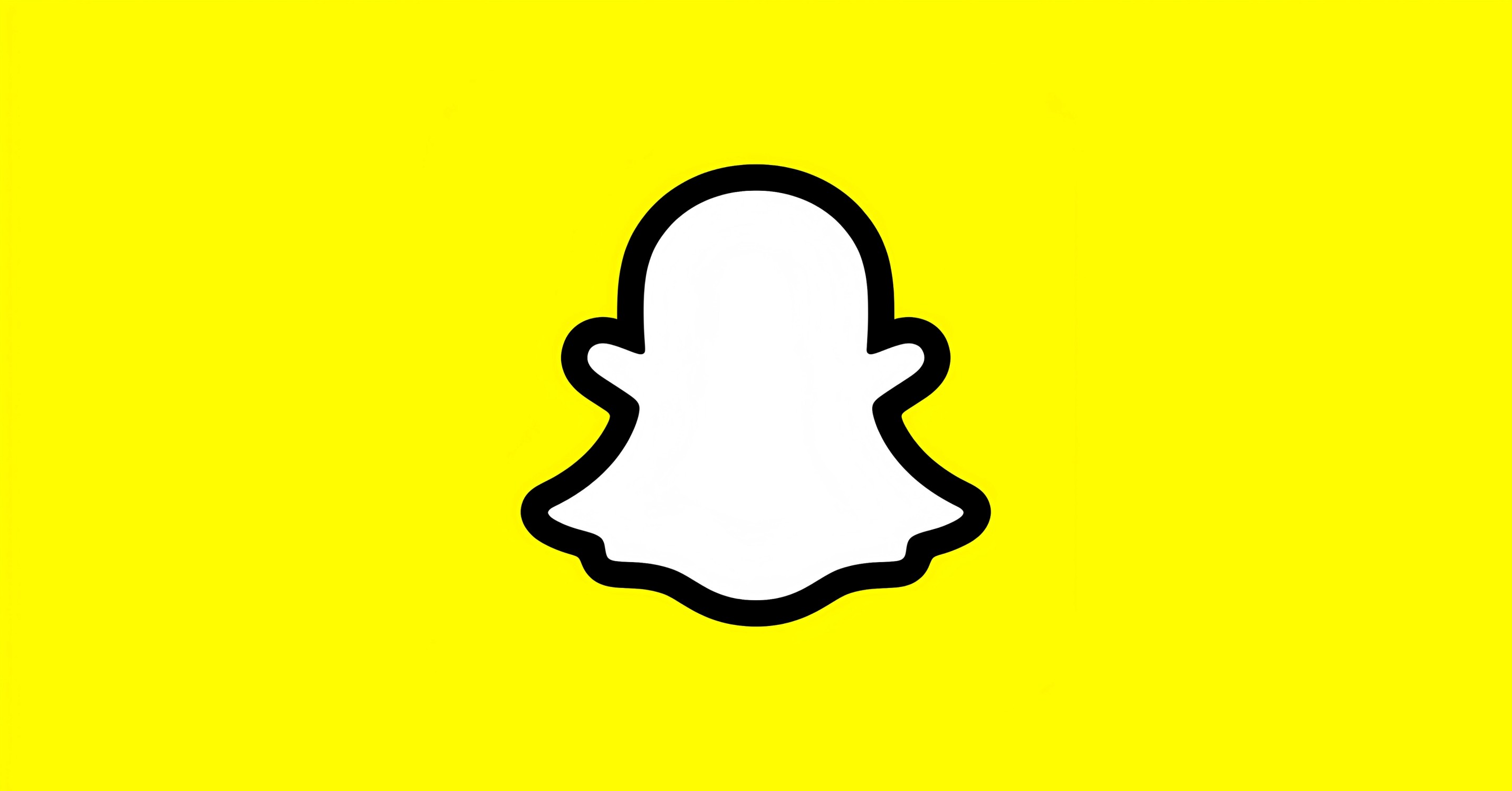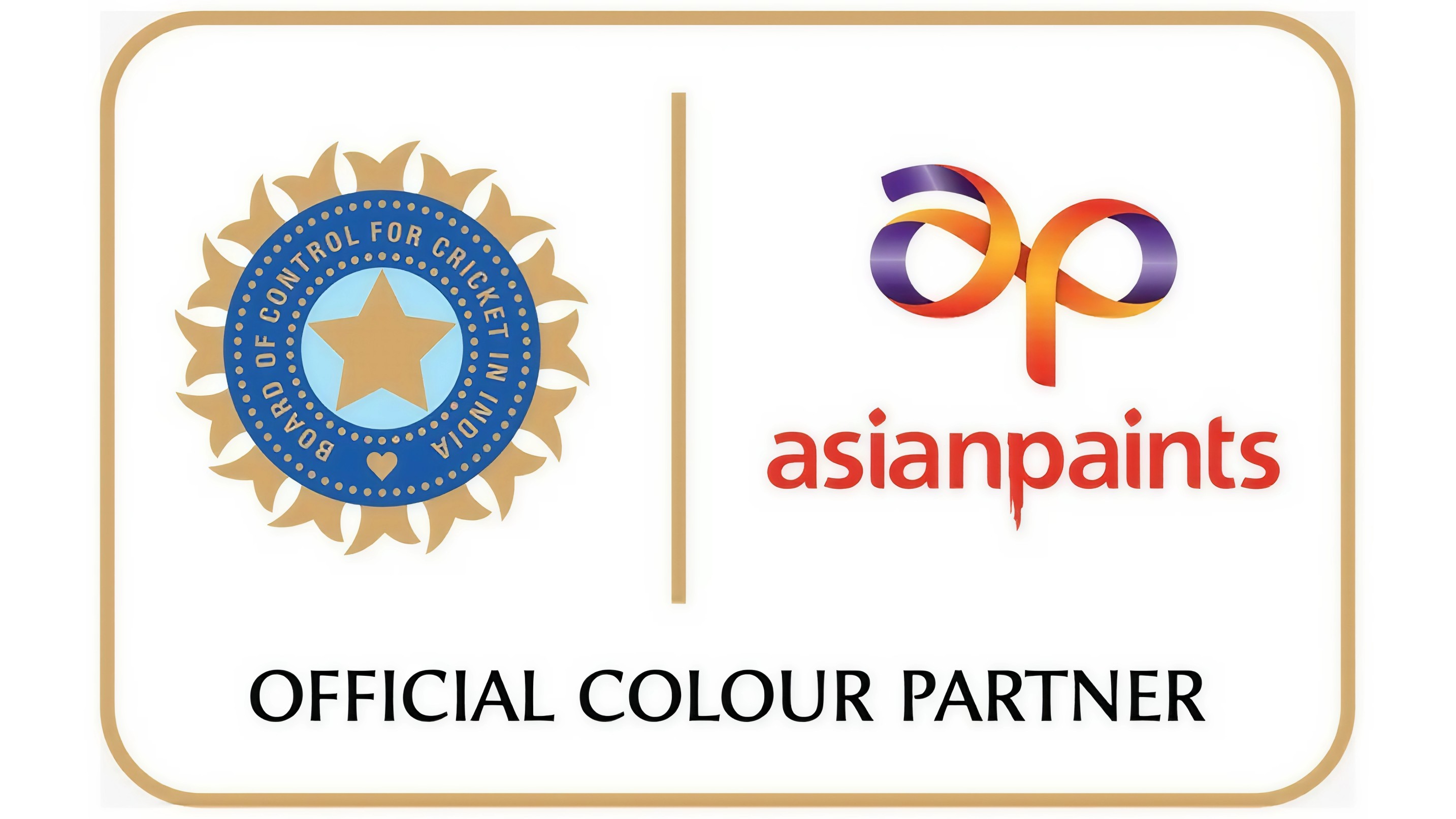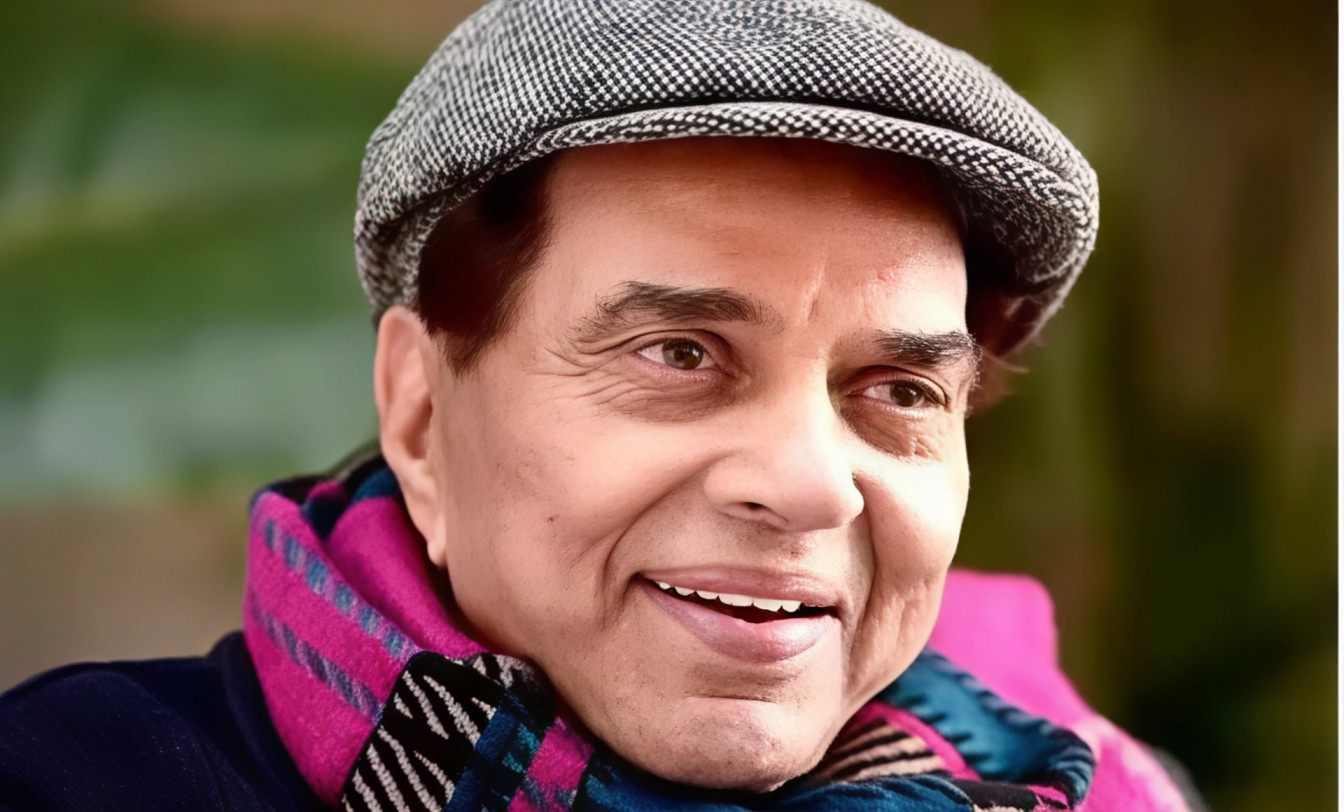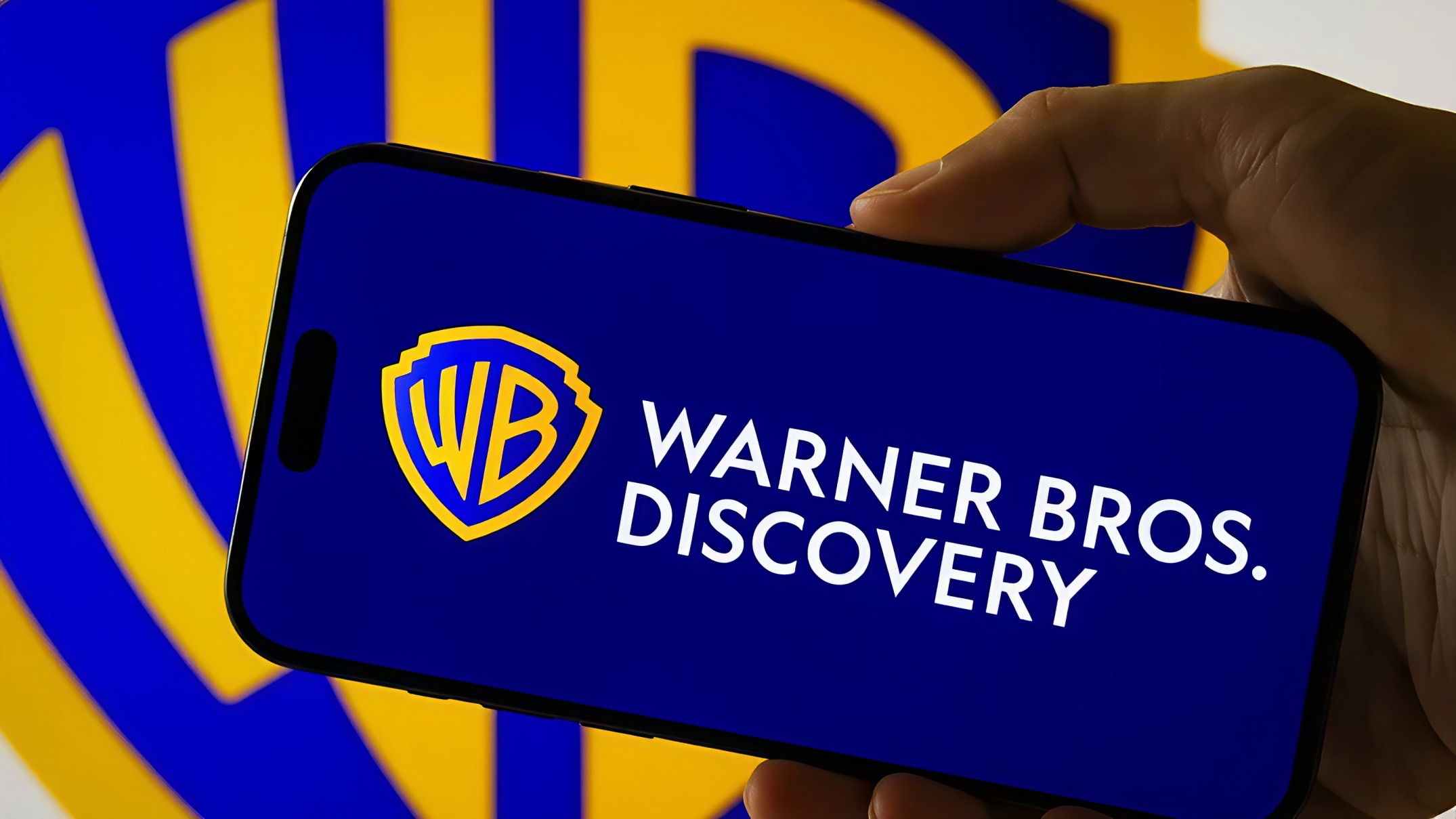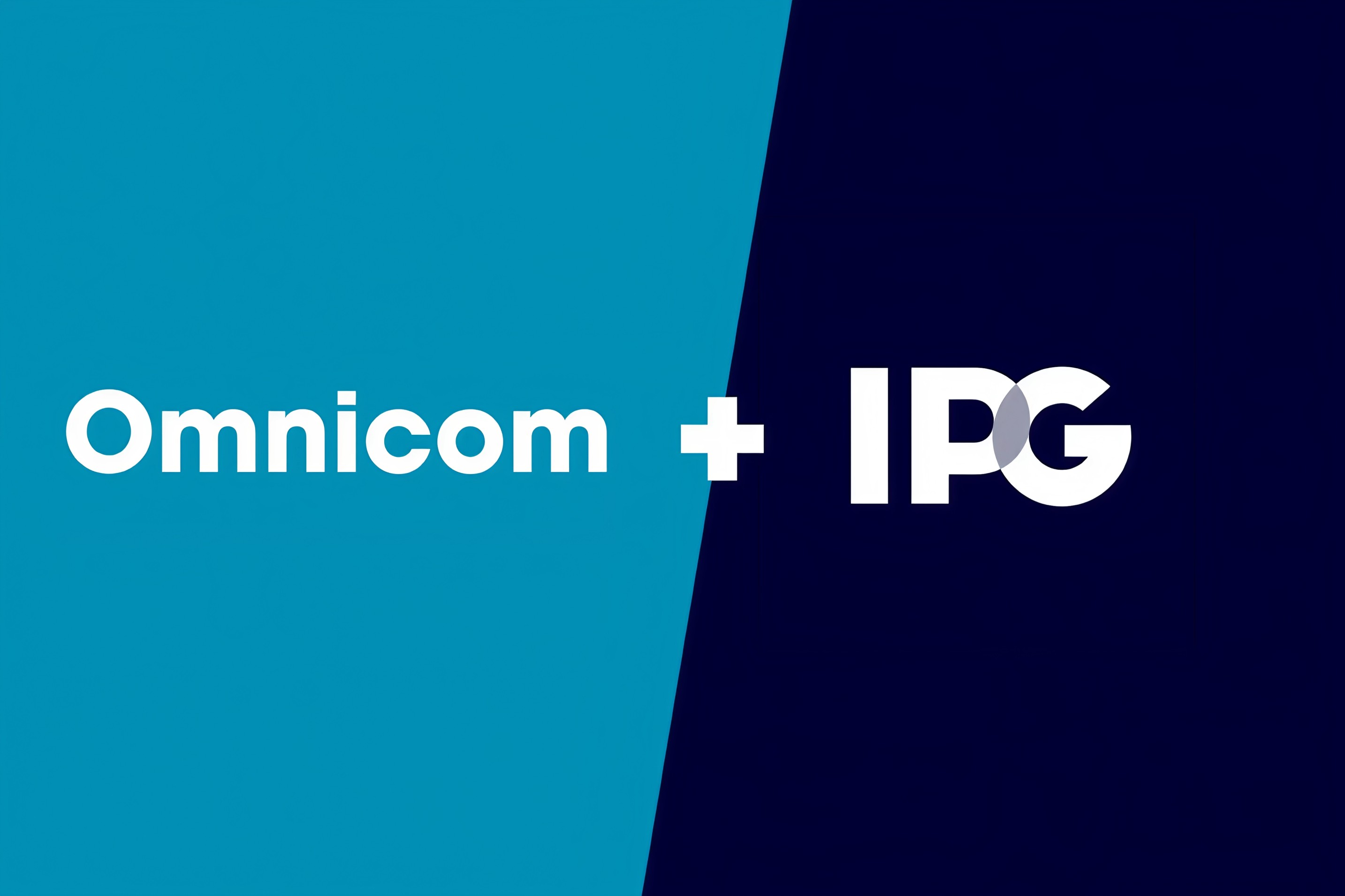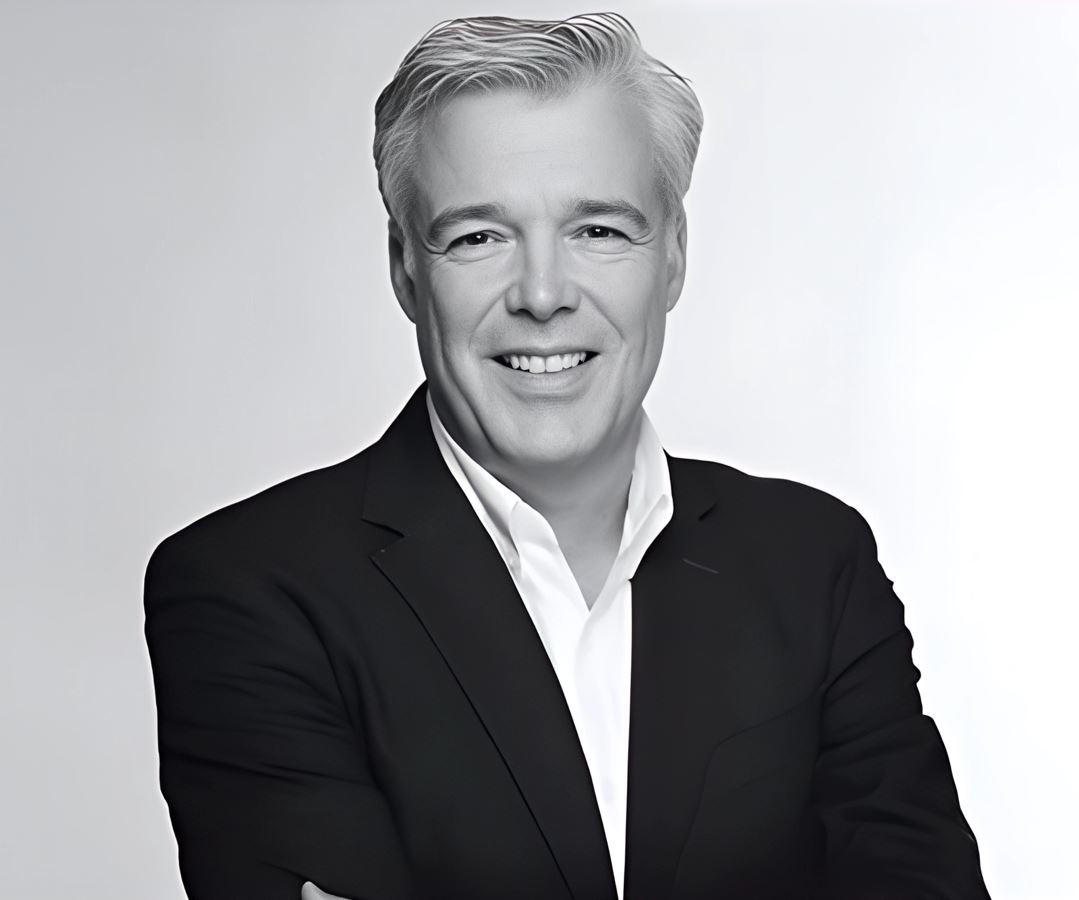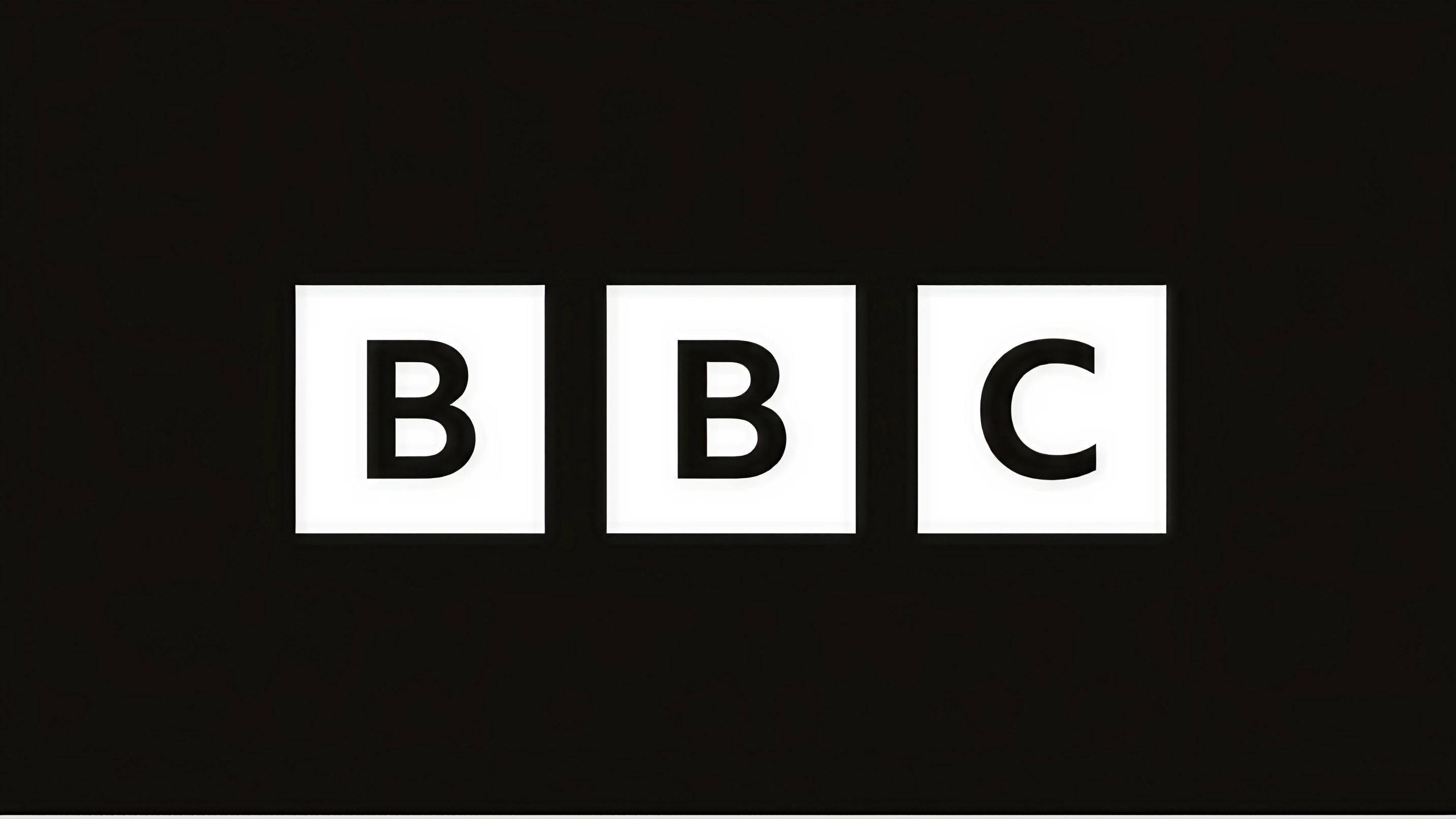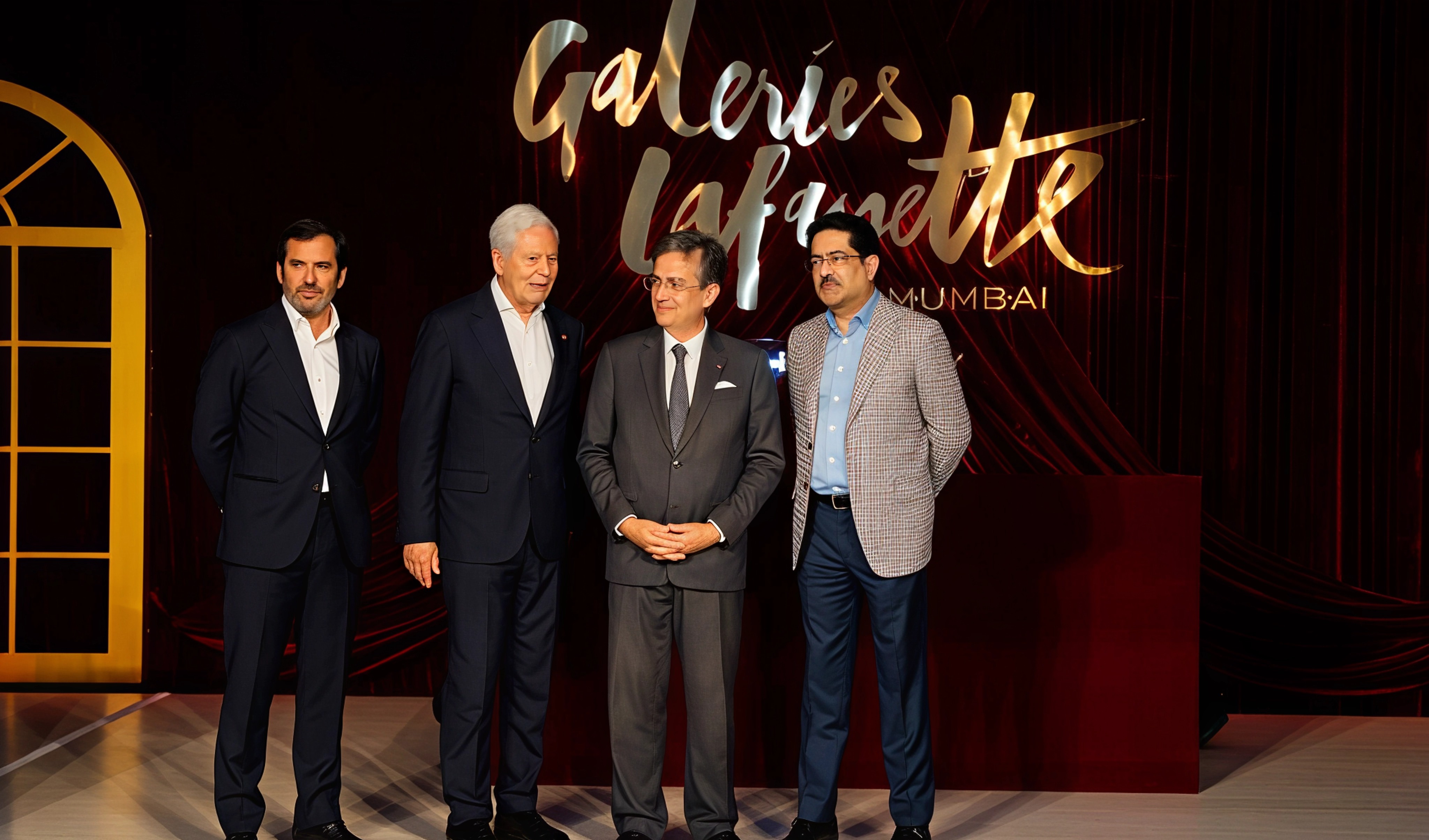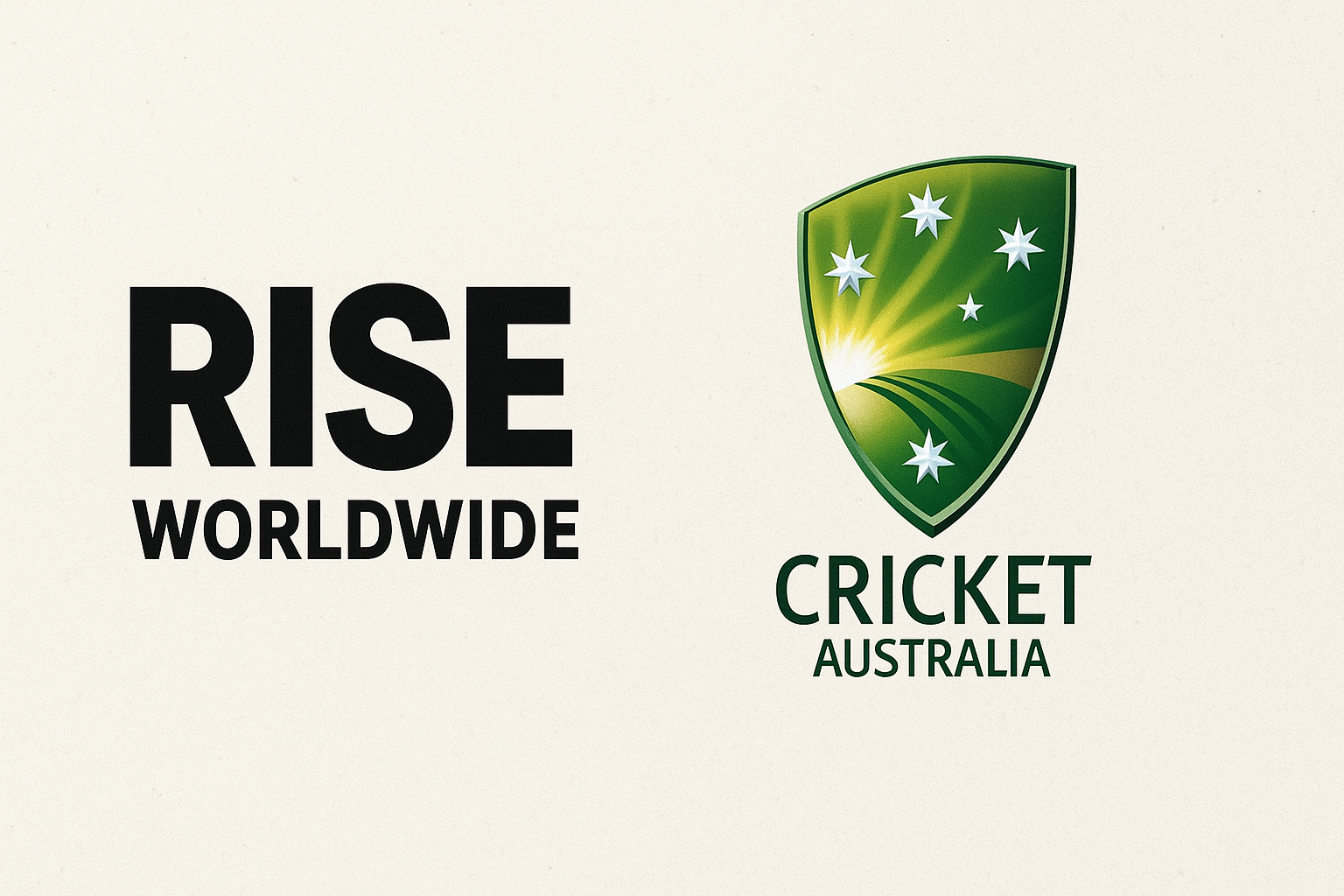Over the past decade, Ben Goodwin and David Lester embarked on a mission to create a delicious, gut-healthy, and low-sugar soda. Their journey culminated in the launch of Olipop in 2018, a prebiotic soda designed to support digestive health. With the rise of brands in the category of healthy beverages, making Olipop standout has been a challenge. One that Olipop has scaled and delivered upon.
Early Beginnings
Olipop was introduced with eight plant-based ingredients, supporting gut health. Despite starting small, the company made a gross revenue of $852,000 in its first year, selling in just 40 grocery stores in Northern California.By the end of 2022, Olipop achieved a gross revenue of $73.4 million, a testament to its growing popularity. The prebiotic soda market, where Olipop sits, is projected to surpass $200 million in sales by the end of 2023 and is expected to reach $21.2 billion by 2030. Ben Goodwin, inspired by a healthier lifestyle from a young age, shifted his career focus to nutrition in 2005. David Lester, after nearly a decade at Diageo, sought a change from corporate bureaucracy, leading him to co-found Olipop with Goodwin.
Initial Challenges and Rebranding
Their first venture, Obi, a probiotic soda, failed to gain traction. Learning from this, they sold Obi in 2016 and reinvested $100,000 into Olipop. About $70,000 went to branding and $30,000 to product formulation. Despite initial scepticism from investors, Goodwin and Lester persisted, seeing the declining soda market as an opportunity. Olipop aimed to offer flavours similar to iconic soda brands but with healthier nutrition labels. Each can of Olipop contains only 2-5g of sugar and 9g of fibre, making it a healthier alternative to traditional sodas.
ADVERTISEMENT
Branding and Distribution
The name "Olipop" was chosen to reflect the soda’s prebiotic nature and appeal across different regions. Launching in late 2018, Olipop faced distribution challenges, but Goodwin and Lester's persistence paid off as they secured shelf space in 40 health food stores in Northern California. By 2020, Olipop's revenue soared to $8.6 million, and by 2021, it reached $29.7 million. Continuous innovation in flavours and formulations contributed to this growth. Olipop’s revenue skyrocketed to $73.4 million in 2022, with 50 million cans sold that year.
Investment and Celebrity Endorsements
In early 2022, Olipop raised $39.7 million in a Series B funding round, attracting investors like Gwyneth Paltrow and the Jonas Brothers. The funds were used for brand growth and expanding the team. Singer Camila Cabello became Olipop's first celebrity spokesperson in early 2023. Gen Z and millennial consumers played a crucial role in Olipop’s success, with social media platforms like Instagram and TikTok buzzing with positive reviews and creative recipes. Olipop searches spiked, contributing to the brand’s visibility and sales.
Future Prospects
By mid-2023, Olipop had earned $100 million in gross revenue, expanded to over 23,000 stores, and is expected to be available in 30,000 stores by the end of the year. The founders remain committed to innovation, with new nostalgic flavours in the pipeline, aiming to surpass $1 billion in sales. Olipop's journey from a small start-up to a multi-million dollar soda company is a testament to the founders' resilience, innovation, and understanding of consumer needs. As they continue to explore new frontiers in the healthy beverage market, Olipop’s success story serves as an inspiration for entrepreneurs worldwide.

